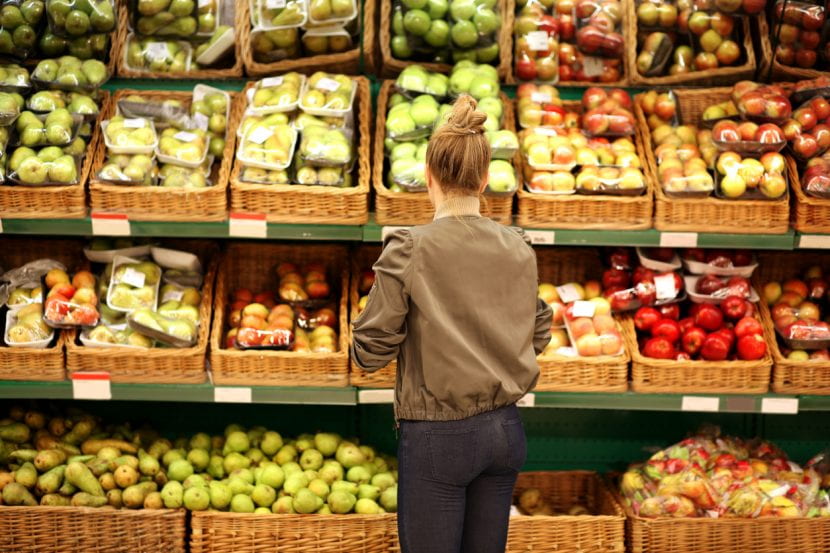What is organic?
Organic means that food and ingredients are produced without the following:
- Synthetic fertilizers and pesticides
- Drugs, like antibiotics and hormones, given to animals
- Preservatives
- Genetically modified organisms (GMOs)
- Chemical additives
- Irradiation
The United States Department of Agriculture (USDA) must inspect and certify all manufacturers that claim to make, grow and sell organic products. This is done to make sure that there is less than 5% of non-organic material in a food.
Do I need it?
You don’t need organic foods. Some people prefer them because they reduce the amount of pesticides and other chemicals they are exposed to. Foods that come in an outer rind or peel may have been sprayed with chemicals but the outer part doesn’t actually get eaten. So eating bananas and oranges doesn’t actually expose you to pesticides. Just remember that you still need to wash the produce before you eat it so the pesticides don’t get on your hands and then onto the produce.
Is it more expensive?
Some organic foods cost more than the non-organic versions. Next time you are shopping, check the prices of organic versus non-organic. You may be surprised to find some organic items are the same price. Remember, not everything has to be organic. Saving money by choosing non-organic oranges may allow you to spend more on organic apples.
How do I know what is organic?
If a product contains this seal, you know it wasn’t produced with anything listed above. The USDA National Organic Program checks to make sure the product is made following all USDA organic rules.

To read more about organic agriculture, visit http://www.fao.org/organicag/oa-faq/oa-faq5/en/.

